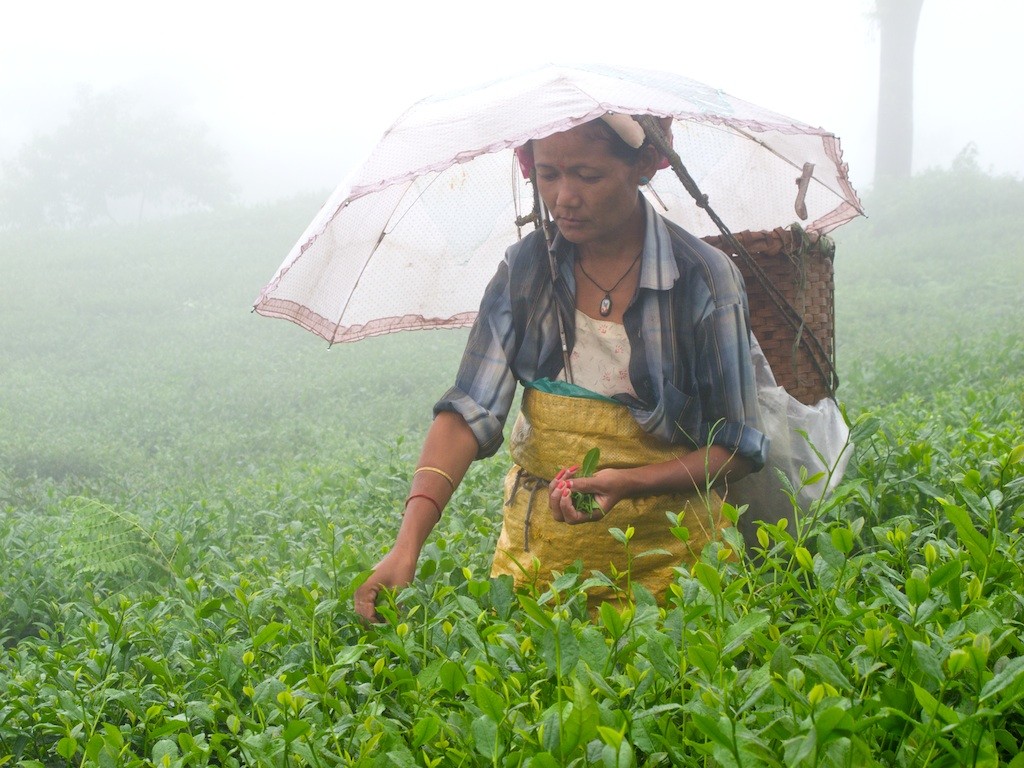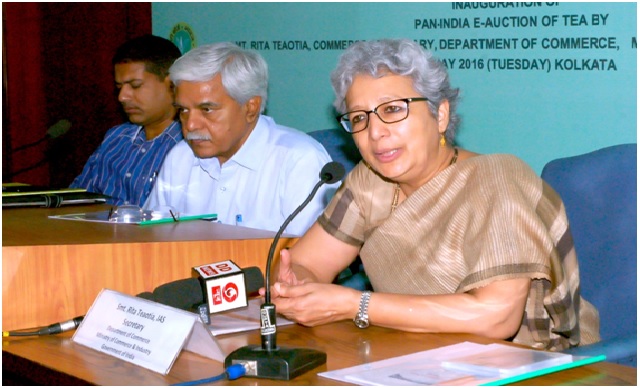Pan-India e-auction

Jungpana Tea Estate, Darjeeling
The Tea Board of India launched the pan-India e-auction system to connect all the auction centres throughout the country and overcome the long-standing challenges of electronic auction of tea in India.
Rita Teaotia, Commerce Secretary, Ministry of Commerce & Industry, Government of India, inaugurated the event in Kolkata on Tuesday. The initiative aims to bridge the gap between buyers and sellers and increase a wide participation in the auctioning process providing uniform auctioning rules across all the seven registered e-auction centres in the country viz., Kolkata, Siliguri, Guwahati, Jalpaiguri, Coonoor, Cochin & Coimbatore.
Speaking about this innovative measure, Amiya Kumar Das, the Deputy Chairman of Tea Board of India said, “The pan-India e-auction system started way back in 2009, however, lack of uniform platform and rules restricted the growth. We have now successfully launched the e-auction system linking all the seven centres in India assuring a single set of rules inviting more participation from the buyers and sellers. The primary advantage of this system will be the enhanced transparency and reducing the manual intervention in case of post auction processes. “
The proposed Pan-India e-auction system also introduced the most sought-after Darjeeling Tea for electronic auctions. Known as the world’s most expensive tea with an identical aroma, the Darjeeling tea which was only sold in manual auctions can now expect a better market.
“Any buyer or seller registered with the Tea Board of India can use their registration number to be a part of the e-auction. The system will eradicate challenges such as longer credit periods for sellers, handling of buyers’s payments by brokers and cancellation of deal after knocking down of lots”, added Das.

Smt. Rita Teaotia, Secretary, Department of Commerce, Government of India, addresses the audience during the inauguration of the Pan India E-Auction System for Tea on 10th May 2016 in Kolkata
Some of the other advantages of this innovative undertaking by the Tea Board include the participation of buyers in all auction centres with a single registration; the introduction of online post settlement process through a settlement bank; the capacity to ensure generation of delivery orders from the system only after actual realization of payments; fetching better prices to the sellers/growers; and the fact that more teas can be offered in the system with increased speed of sale.
Introduction of settlement banking system and routing of entire post auction payments through the auction system via the settlement bank is one of the important features of the Pan India e-auction process. This system will ensure transparency in the process and timely settlement of dues since the bank will act as a settlement agent between all the stakeholders i.e., buyers, brokers, sellers and warehouses.The new system is expected to auction 540 million kilogrammes of tea once it kicks off in the first week of June.
Commerce Secretary meets West Bengal Govt. officials regarding tea sector
Moreover, Rita Teaotia, the Secretary, Department of Commerce, Ministry of Commerce & Industry, Government of India, along with Shri R.R. Rashmi, Additional Secretary, Ministry of Commerce & Industry, Government of India, Shri Santosh Sarangi, Chairman Tea Board, and other senior Tea Board officials, met the Chief Secretary and other senior officers of the Government of West Bengal at Nabanna to discuss issues concerning the tea industry and tea workers in North Bengal on Tuesday, May 10.
In the said meeting, all issues concerning the tea industry and tea workers, more particularly the following issues were discussed: closed, sick tea gardens in West Bengal; extension of welfare schemes to tea garden workers monitoring of Plantation Labour Act; issues of closed tea gardens of Duncan’s industries; ihe Siliguri Tea Park; and the modern tea park in Falta; the regularisation of tea plantations which came after 2001 in North Bengal.









